Njamito Goes Fairtrade for Cocoa and Vanilla
March 31, 2025Njamito is now Fairtrade certified for cocoa and vanilla! Here’s what that means for farmers, the planet, and the values behind our meal-in-a-bottle.
Read articleWe’ve crafted nine biodynamic preparations, each designed to nurture crops and soil. Now, we’re testing their impact on plant health and ecosystem balance.
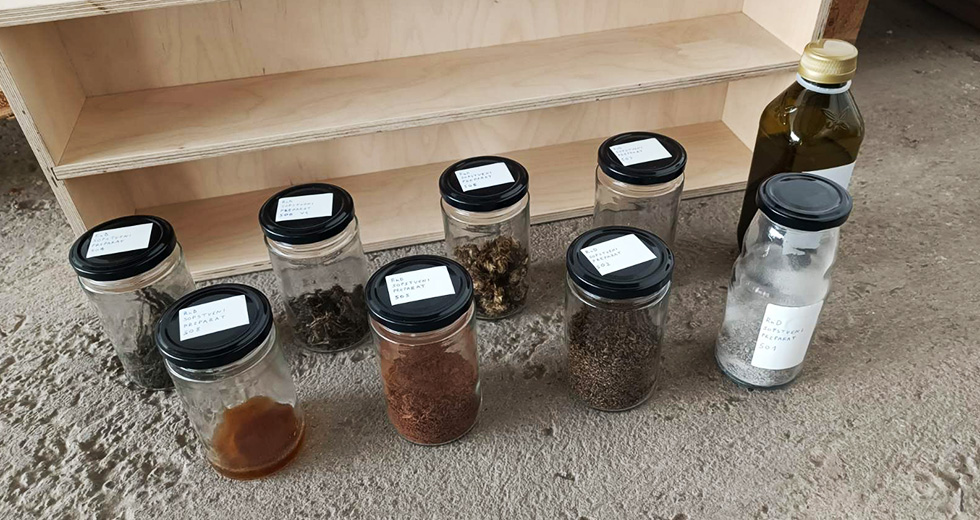
Our commitment to sustainable, organic farming continues to drive us toward innovative practices.
Over the past year, we’ve worked hard to create nine unique biodynamic preparations, each made with specific ingredients and carefully tracked to ensure quality. These preparations are now stored in our warehouse, ready for testing, and meet strict organic farming standards.
This means they’re safe and effective to use in organic agriculture, aligning with our mission to work in harmony with nature.
This year, we’re testing all nine preparations on special test fields NK-26-22_1. The goal? To see how these preparations help our oats, which we planted in October 2024, grow and thrive. By mid-2025, we expect to have solid data on how each preparation performs.
For accuracy, each preparation is being tested in three randomized spots across the field to make sure our results are scientifically sound.
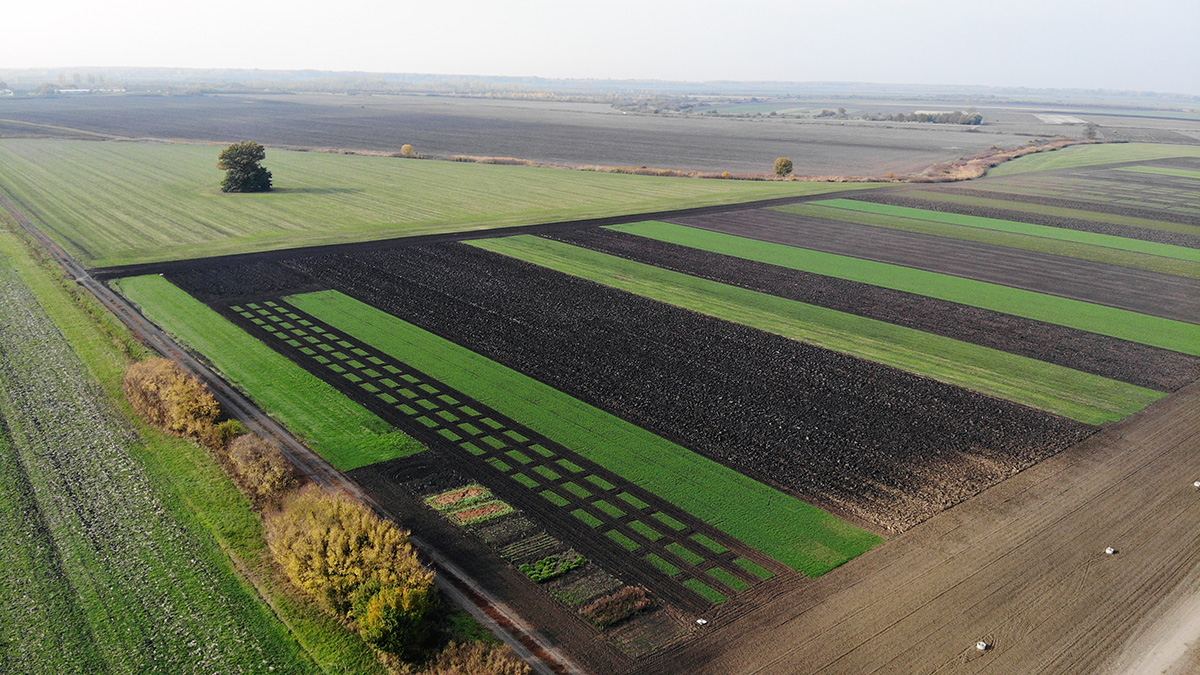
Let’s take a closer look at each preparation, what it’s made from, and why we think it’s beneficial for our crops and soil.
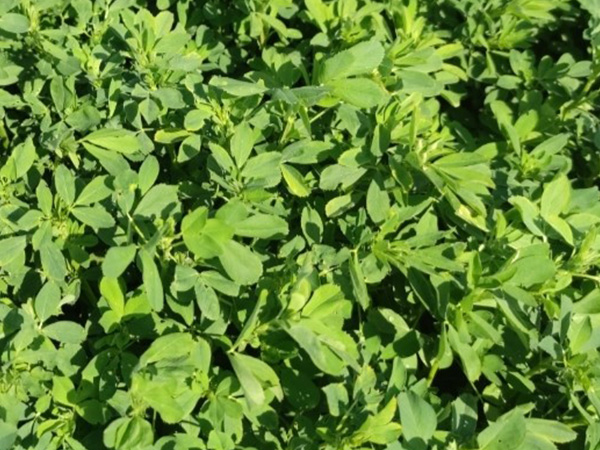
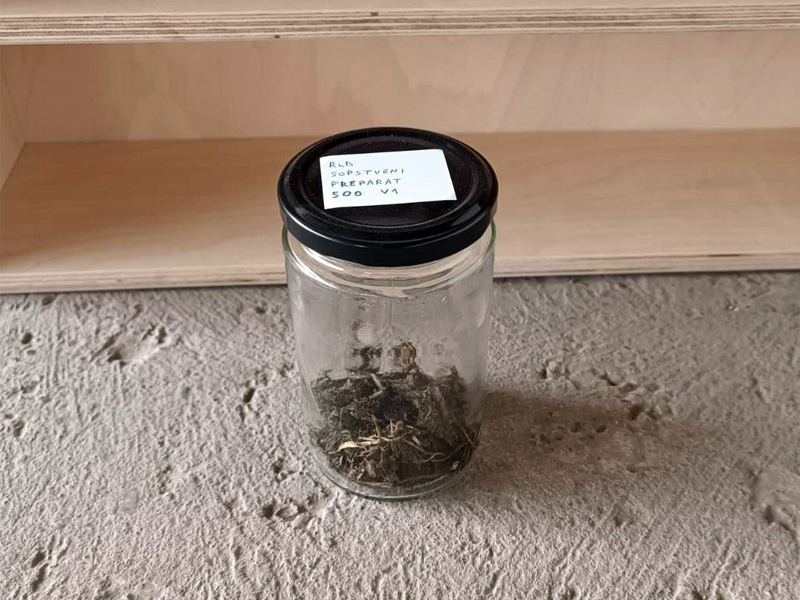
Made from alfalfa grown on our farm, this preparation is packed with beneficial microorganisms like Azotobacter, Rhizobium, and Azospirillum. These bacteria play a critical role in nitrogen fixation, a key factor for crop health and growth. This preparation should boost plant health and yields.
The expected results could be transformative for our nutrient management, offering a natural alternative to nitrogen fertilizers.

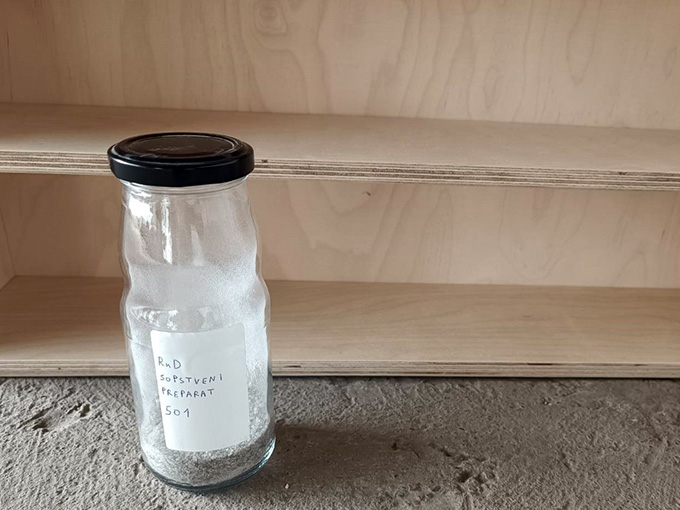
Made from quartz stone, preparation 501 is primarily composed of silicon dioxide, a mineral believed to enhance plant resilience against fungal infections like powdery mildew.
By boosting plants’ natural defenses, we aim to see its impact on yield and disease resistance.
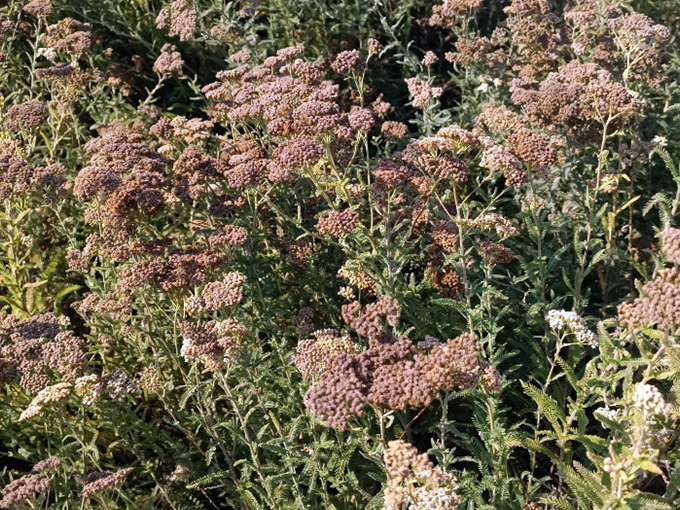
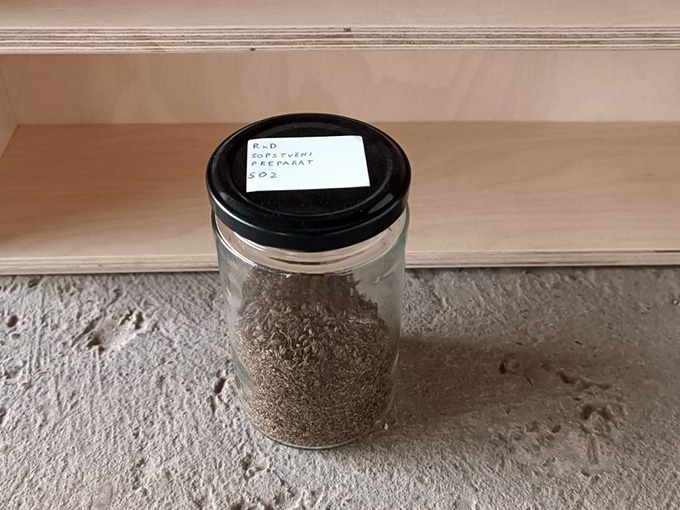
Created from yarrow flowers, a medicinal herb known for its complex composition, preparation 2 can act as a natural repellent against certain insects and can serve as a potential plant nutrient booster.
This preparation will be tested to evaluate its dual benefits.
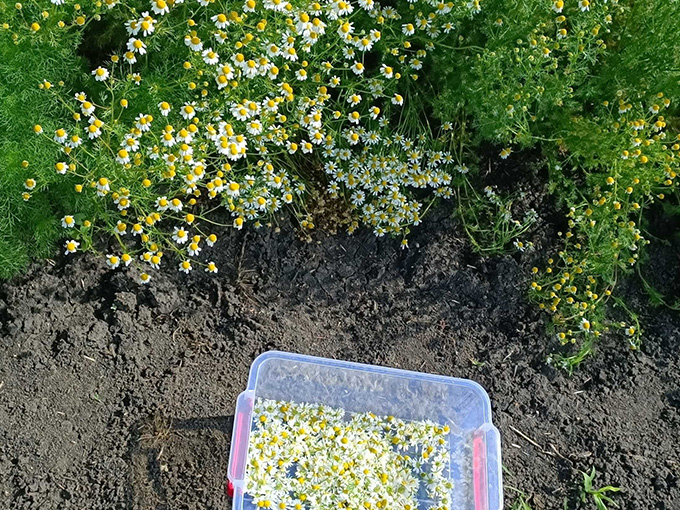
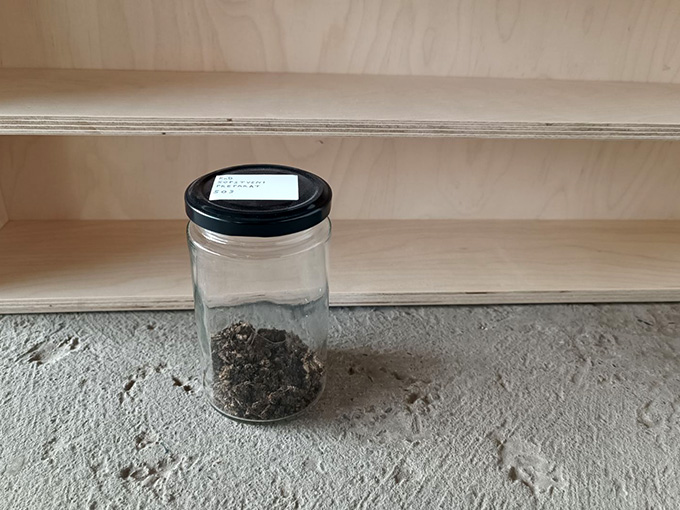
Made from chamomile flowers, which contain essential oils and azulene derivatives, this preparation has potential antiviral and antibacterial properties.
We plan to treat crops with this preparation twice during the growing season to measure its effect on yield and overall plant health.
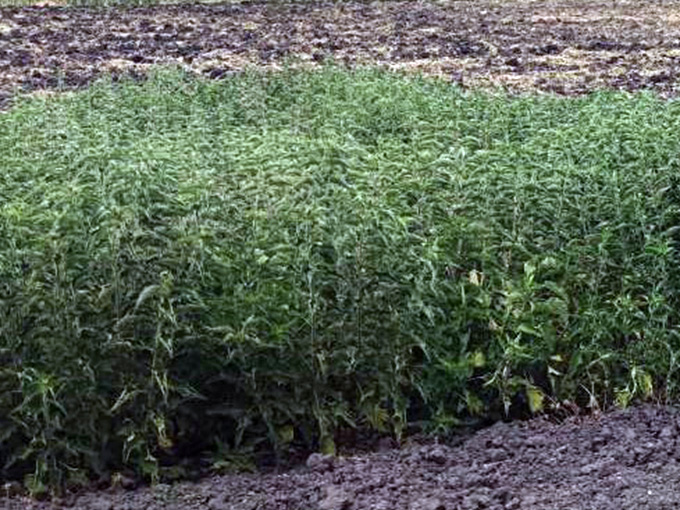
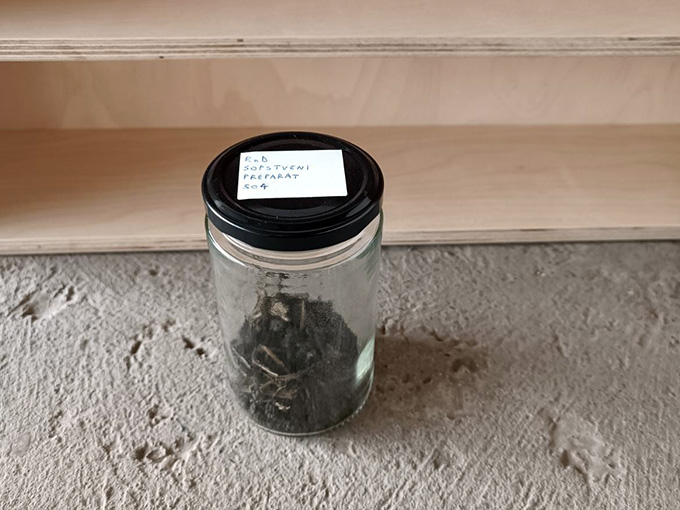
Made from nettle leaves and stems, this preparation is full of essential nutrients, including iron, and has natural insect-repellent properties.
This preparation will be tested for its impact on plant growth, yield, and its ability to deter pests like Lema melanopus and Acyrthosiphon pisum over two testing years.

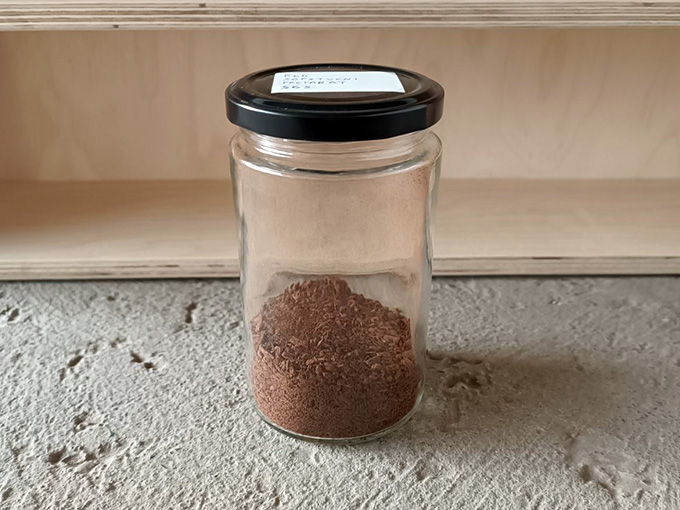
Made from oak bark, known for its antioxidant properties, this preparation is being tested to see if it can improve overall plant development and yield. We’re applying it to the soil and crops in their early growth stages.
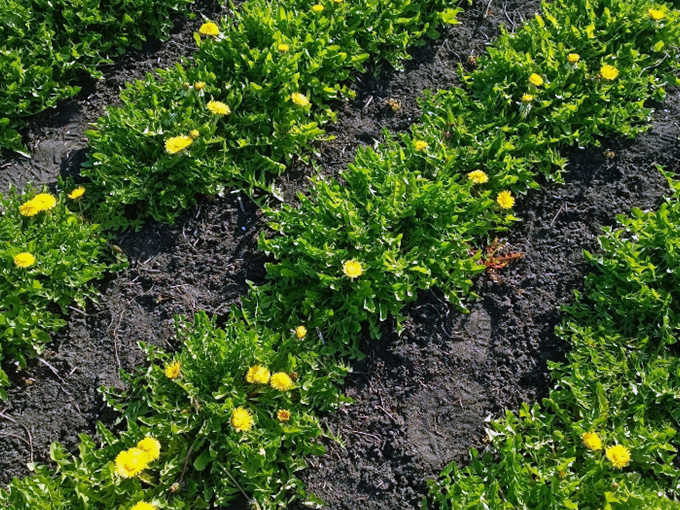
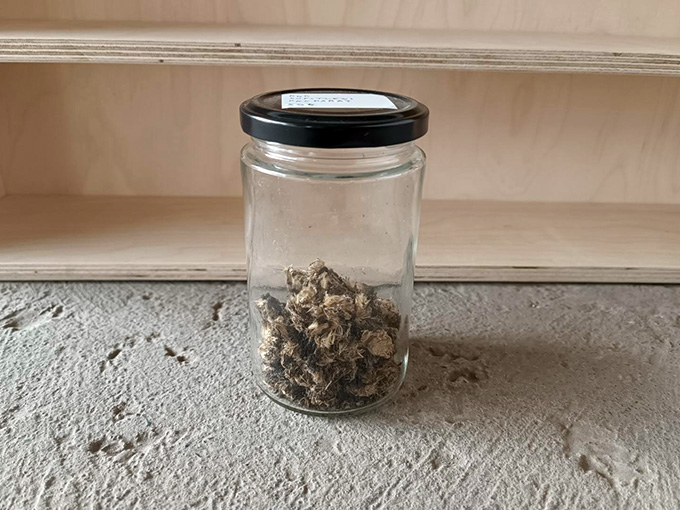
Preparation 506, made from dandelion, contains a high concentration of beneficial nutrients.
This preparation will be evaluated for its impact on plant growth and yield, as dandelion’s nutrient-rich profile has potential benefits for crop development.
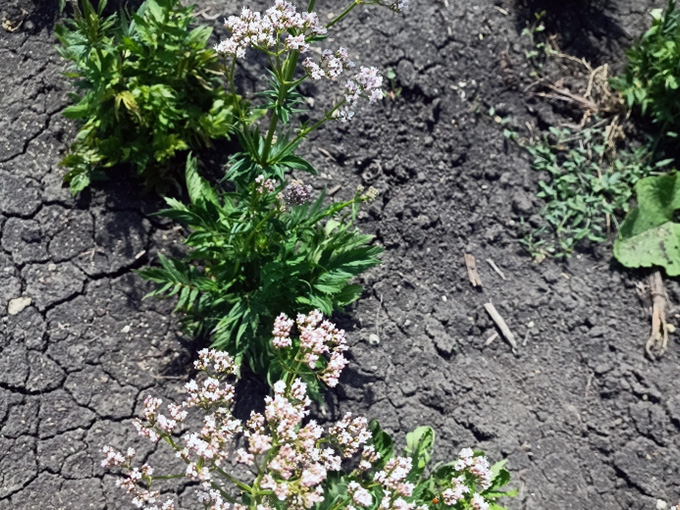
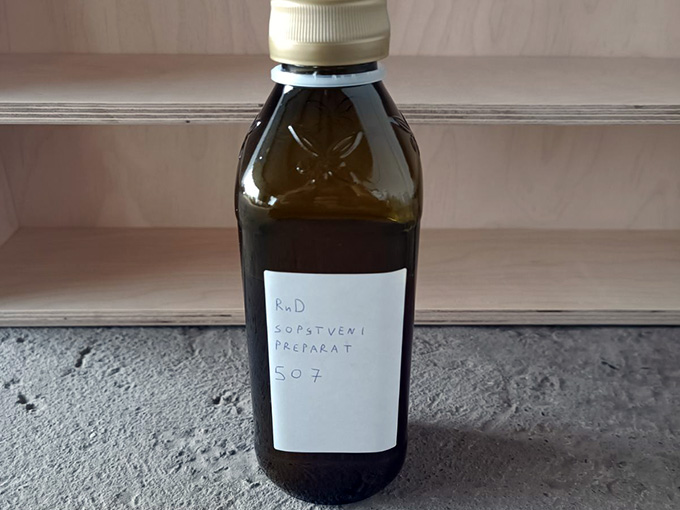
Created from valerian flowers, this preparation may help plants absorb phosphorus, an important nutrient that many soils lack.
We’re testing this preparation to see if it can substitute for phosphorus fertilizers, aiding in nutrient availability.
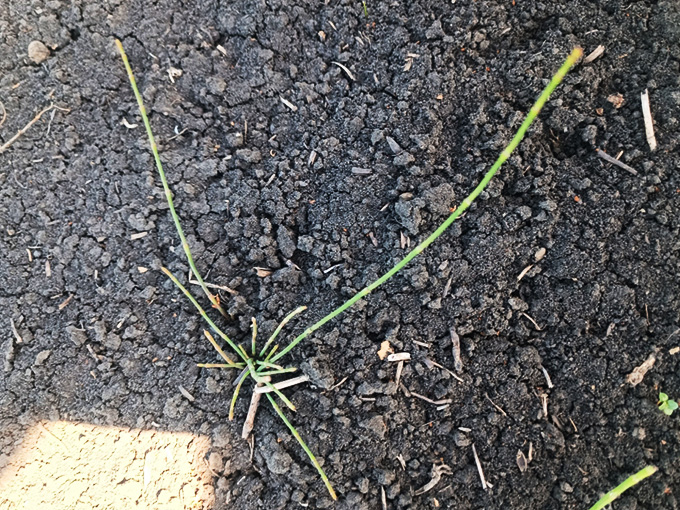
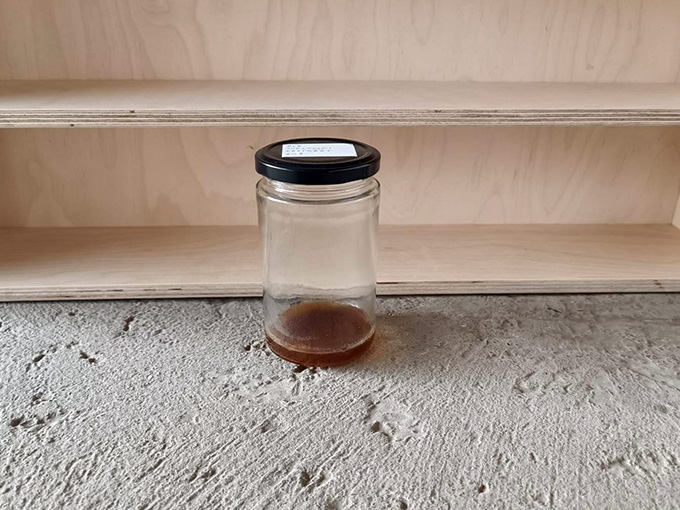
Our final preparation is made from field horsetail, which is high in silicon – a mineral thought to have biofungicidal properties.
Similar to Preparation 501, we’re testing it for its potential to protect plants from fungal infections and its potential to improve crop resilience
These preparations are part of our larger goal to farm in a way that’s good for both people and the planet.
By using natural materials and abstaining from synthetic chemicals, we’re working to create healthier soils, stronger plants, and a more balanced ecosystem. Each preparation has its own purpose, whether it’s helping plants get nutrients, boosting their natural defenses, or keeping pests away.

Our tests this season are just the beginning.
As we monitor the results of these preparations on oats through the 2024–2025 season, we’re already planning to expand our tests.
In the 2025–2026 season, we’ll introduce peas to our biodynamic trials, providing a broader perspective on the efficiency and versatility of these preparations across different crops.
Each of these preparations is tested in three randomized repetitions to ensure scientifically sound results. With our careful approach and emphasis on traceability, we aim to contribute valuable knowledge to the field of biodynamic agriculture, paving the way for more sustainable, natural solutions in farming.
By mid-2025, we’ll have initial results, which we look forward to sharing with you.
Follow our journey as we explore how biodynamic practices can enhance soil health, boost plant resilience, and foster a more sustainable future for agriculture.
Njamito is now Fairtrade certified for cocoa and vanilla! Here’s what that means for farmers, the planet, and the values behind our meal-in-a-bottle.
Read articleIdealism met reality as we launched our meal-in-a-bottle, Njamito. After 100.000 bottles sold, here’s what we learned about organic food and market adaptation.
Read articleWith organic seeds in short supply, we launched our own organic seed production journey to secure sustainable farming practices.
Read article